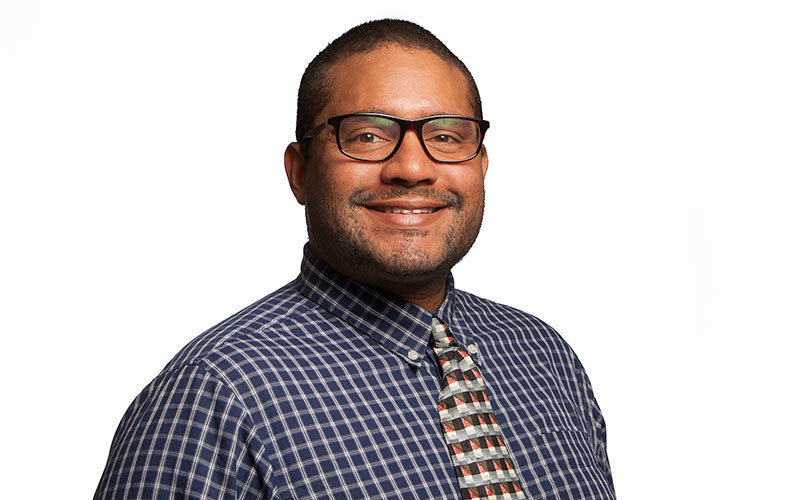
An educator passionate about breaking down mental health barriers in higher education, Adrian Rodriguez joins Cal State Fullerton as an assistant professor of human services this fall.
Rodriguez earned a bachelor’s degree in music from Cal Poly Pomona, then went on to achieve his master’s degree in counseling from Cal State Long Beach and his doctorate in counseling psychology from the University of Tennessee, Knoxville.
What inspired you to go into the field of human services?
During my undergraduate experience, I met many wonderful faculty and staff who helped me believe in my potential as an educator and as an individual. With their encouragement, I pursued a doctorate in counseling psychology to support college students by addressing the mental health needs that impact their ability to persist through graduation.
During my doctoral program I had the opportunity to teach undergraduate students, and I fell in love with this experience. The rejuvenation I felt after each class session helped me realize that I am happiest and most helpful when teaching, learning from and engaging with students.
What are your research interests?
I am very interested in mental health as it relates to student development in higher education, in particular, for students of color. My dissertation explored the risks and protective factors perceived by Native American-identified students in their transition to a predominately white institution, and my thesis explored the relationship between attachment style and relationship satisfaction for Latina/Latino students in college.
My goal is to contribute literature that can inform professionals in human services and higher education on how we can best support student retention, identity development and mental health promotion.
How do you engage students in your classes and/or research?
I aspire to ensure the classroom is a place where students can feel safe in order to push themselves to grow. This growth involves learning that they can challenge both their own and each other’s thoughts in ways that progress and strengthen their intrapersonal and interpersonal connections.
What changes do you envision in your field five years from now?
I see technology becoming more vital and commonplace in the classroom in the next five years. Instructors will increase their integration of cellphones, tablets, laptops, smart watches and other such devices as a way to engage students in experiential, hands-on learning through quick information retrieval and access to current events.
Name one thing you do to stay healthy.
I love walking at the park in the early morning!
See the complete list of new tenure-track faculty joining CSUF this fall.